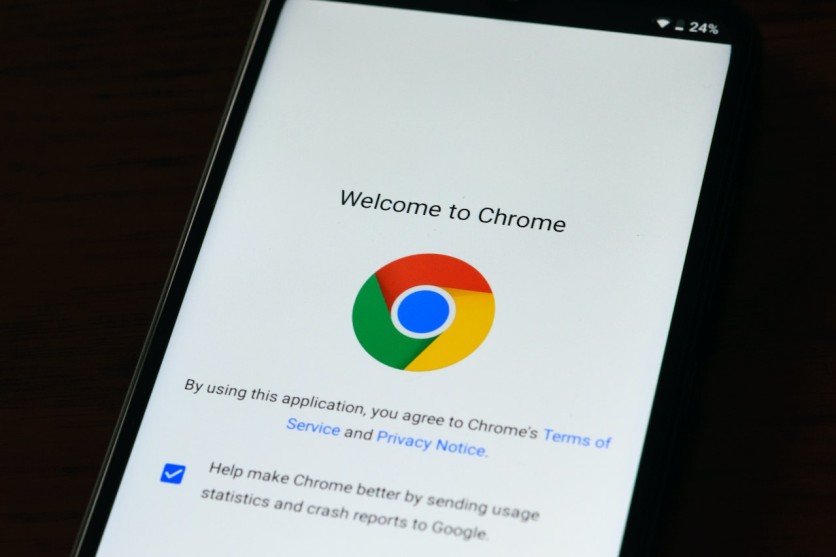
Google is stepping up its attempts to shield users of its widely-used search engine from inadvertently being exposed to sexually explicit or violent pictures.
The filter is meant to prevent users from accidentally seeing inappropriate content when using Search, which may be harmful to children and even adults.
Google's Safety Feature
Senior VP of Google Core Systems and Experiences Jen Fitzpatrick posted in a blog on Tuesday, Feb. 7, that the company will be extending a safety feature to prevent users and their families from stumbling across explicit images on Search by accident in the coming months.
According to Variety's report, SafeSearch was initially implemented by Google in 2009. It is already on by default for users under the age of 18 who are logged in.
There will soon be a new option in Google Search that will obscure any graphic images displayed in results, regardless of whether or not the SafeSearch filter is used. Those who do not already have the SafeSearch option enabled will have it set to this setting, but they may change their preferences at any moment, as Fitzpatrick said.
TechCruch reported that as soon as SafeSearch blurring becomes the default, Google will notify its users.
A View Image button will appear if you come across an inappropriate photo. Alternatively, click the Manage Setting link to make changes to the filter's parameters or disable it entirely. The Filter feature, for instance, may be used to block access to pornographic material such as photos, videos, and websites.
The Off setting will reveal all search results, regardless of their explicitness, while the On setting will only show those that are related to your query.
"While SafeSearch isn't 100% accurate, it helps filter out explicit content in Google search results for all your queries across images, videos, and websites," as explained in Google's help article.
The internet provider emphasizes that SafeSearch only censors Google search results. It does not filter out adult material on other search engines or websites an individual visits directly.
In Honor of the Safer Internet Day
Safer Internet Day, which began as an EU project to make the internet a more secure place for children, falls on the same day Google said it would enable SafeSearch by default.
Among other things, Google has announced that users will soon be able to use Face ID to secure the privacy of their Google app. So that even if someone else gets their hands on your device, they will not be able to access your information.
Moreover, "Build a Safer Internet," a new YouTube Kids' playlist, was revealed. Fitzpatrick said the playlist would have videos that raise awareness about the safe, responsible, and beneficial use of technology for families.





